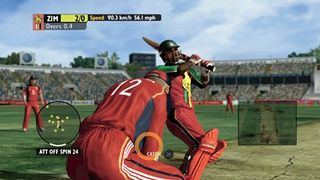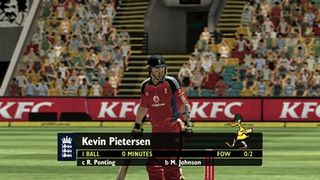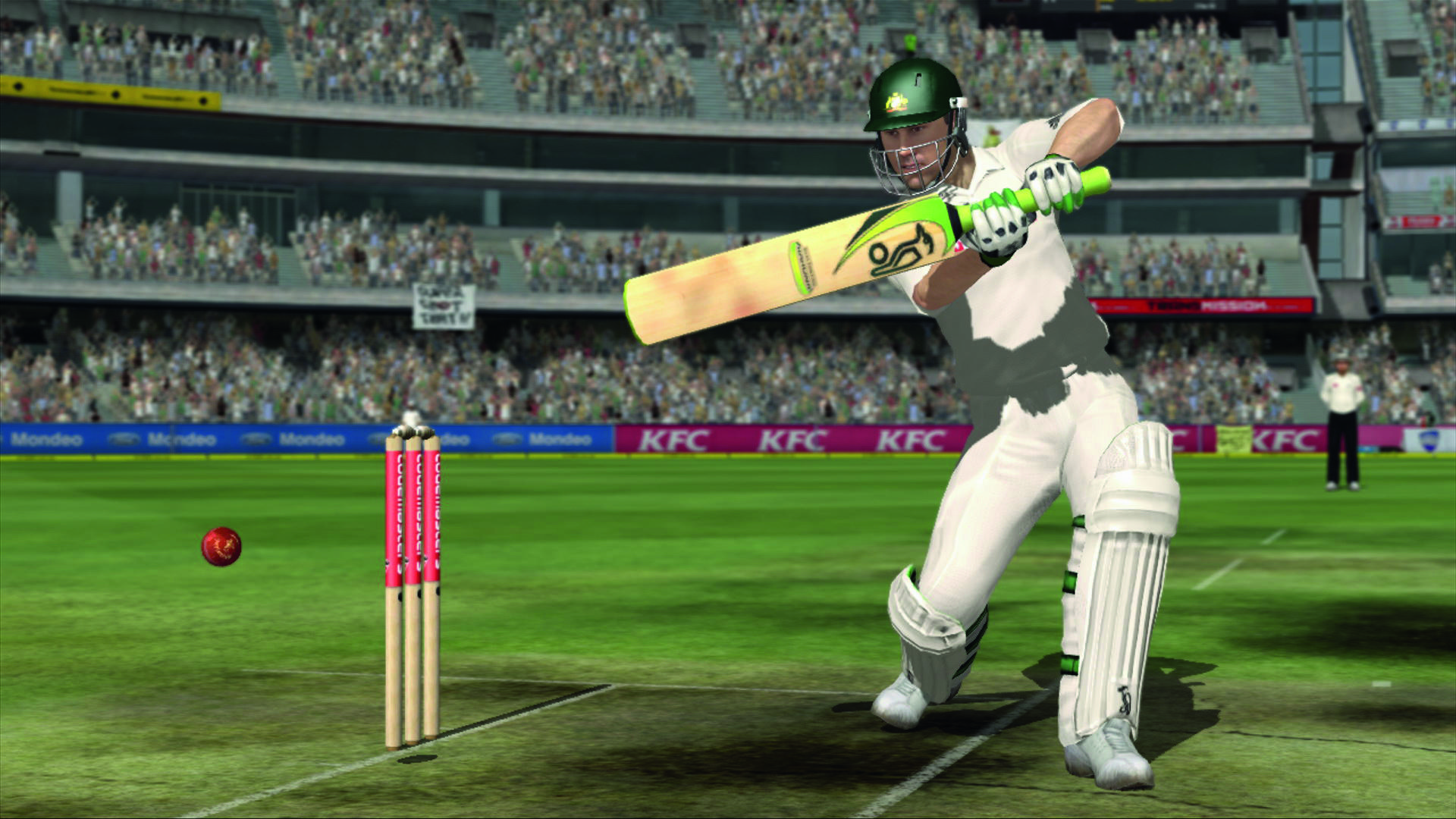Why you can trust 12DOVE
All three positions boil down to one key factor: timing. Time a strike right and depending on the placement and shot type you’ll likely get a boundary; get it wrong, and the walk back to the dressing room is your humiliating reward. Release the ball too late as the bowler and it’s a no ball; too early and the batsman has an easy opportunity for at least four. The exact window depends on a number of factors. The character’s skill is hugely important – Anderson’s ‘perfect’ meter segment is much wider than, say, Strauss’s – as is ball degradation, pitch quality and player confidence.

This final aspect heavily impacts on a match’s ebb and flow. A confident bowler will spin with much greater assuredness and faster pace, setting up frequent opportunities for catches and broken wickets. But a few boundaries will change all that, giving rise to more sundries and bolder batsmen. The system isn’t perfect, however, since a batter stepping up to the crease after a bowling hat-trick is often still classed as fearless. But the most part, it helps you to translate player actions into easily digestible statistics.
Practice makes perfect and in the case of Ashes Cricket 2009 it’s doubly true. While the buttons and timing skills are easily adopted, the methodology behind each play is not so simple. The combination of middling visuals and vague reasoning back in Practice mode makes it difficult to tell which shots are best played when. Balls that look identical often aren’t, and because practice sessions fail to distinguish between these similar situations, early games can be frustrating and boil down to trial and error.
It soon becomes clear that aggressive batting is rarely penalised if your timings are accurate, and the same two or three bowling methods can be used to dismiss most people within a few overs. Flooding the off-side slips with fielders and deftly spinning the ball towards the third man, for instance, often glances an outside edge for easy catches.

And so, once you’ve learned to judge ball speeds from the perspective of both bowler and batter, matches rarely go the distance. A real-world comparison is useful here. At lunch on the first day of the first test in Cardiff, England were at 97/3. At lunch on the first day of the Ashes Cricket 2009 match, however, England needed just 12 runs from the second innings having already bowled Australia out for 89 and 55. (We sure hope the day two spectators were refunded.) The short matches are good fun but they hardly capture the true spirit of test cricket. And given that the name of the game is Ashes Cricket 2009, we’re betting that’s precisely what you’d be wanting…
Aug 10, 2009
More info
| Genre | Sports |
| Description | The cricket sounds that emanate from the Wiimote and easy-to-customise field settings are nice touches. But overall this falls short of the boundary between average sim and comprehensive champion. |
| Platform | "Wii","PS3","Xbox 360","PC" |
| US censor rating | "","","","" |
| UK censor rating | "3+","3+","3+","3+" |
| Release date | 1 January 1970 (US), 1 January 1970 (UK) |

Elegoo Saturn 4 Ultra 16K review in progress: "Makes some of the best-looking miniatures I've ever seen"

Elden Ring player becomes the first to beat every New Game+ difficulty back to back without getting hit, in an 8-playthrough run that somehow took under 12 hours

Game of Thrones author George R.R. Martin says "there is some talk about making a movie out of Elden Ring" but admits there's a big novel-sized block in his way
Most Popular




